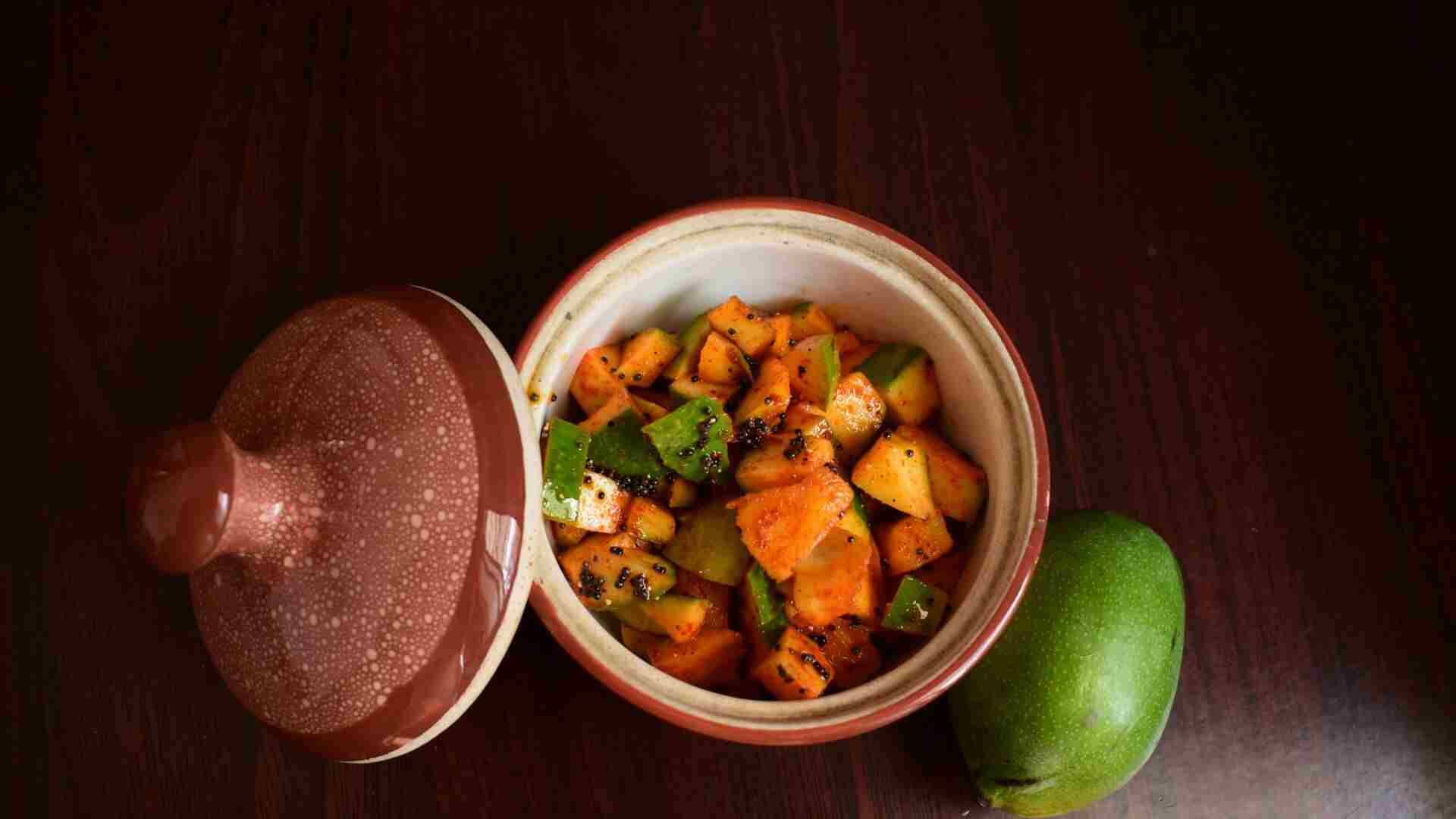Pickled vegetables and fruits are not only popular and flavorful, but they also offer numerous health benefits. As of 2022, the global market for pickles and related products was valued at over $13 million and is expected to surpass $18 million by 2031.
Pickles come in various forms, from brine-based Western versions like sweet, spicy, and sour pickles made from carrots, cucumbers, and chilies, to traditional Indian varieties like aam (mango) and nimbu (lemon) achaar. These pickles are enjoyed whole, sliced, or diced and add a unique flavor and crunchy texture to a wide range of dishes.
Nutritional Value
According to nutritionists, pickles are rich in phosphorous and folate and are an excellent source of beta-carotene, an antioxidant that helps reduce the risk of chronic conditions such as age-related macular degeneration and type 2 diabetes.
Benefits of Fermented Pickles
Fermented pickled foods, including kefir, kimchi, and miso, are particularly beneficial for gut health. They help lower cholesterol and blood pressure levels and are rich in probiotics. These live bacteria support digestion, strengthen the intestinal walls, and help maintain a diverse microbiome. Additionally, fermented foods contain prebiotics that promote beneficial changes in gut health.
Health Benefits
- Boost Digestion: Pickles support gut health and improve digestion.
- Fight Diseases: Pickled vegetables can enhance immunity and reduce the risk of heart disease, stroke, cancer, and other health issues.
- Ease Muscle Cramps: Athletes often use pickle juice to replenish lost electrolytes and alleviate muscle cramps, with studies suggesting it may be more effective than water.
- Curb Sugar Spikes: Vinegar in pickle juice helps stabilize blood sugar levels, which is beneficial for those at risk of diabetes.
- Aid Weight Loss: Low in calories, pickles can reduce appetite and help maintain stable energy levels by slowing carbohydrate absorption.
- Reduce Cell Damage: Antioxidants in pickles help combat free radicals and reduce cell damage.
Considerations for Daily Consumption
Despite their benefits, eating pickles daily may have drawbacks. Those on low-sodium diets, particularly due to heart conditions, should be cautious as pickles can be high in salt. Excessive salt intake can raise blood pressure, contribute to kidney issues, and increase the risk of gastric cancer by damaging the stomach. Additionally, Indian pickles, often preserved in oil, can lead to heart and weight issues if consumed in excess.
In summary, while pickles can be a healthful addition to your diet, moderation is key to avoid potential negative effects associated with high salt and oil content.























